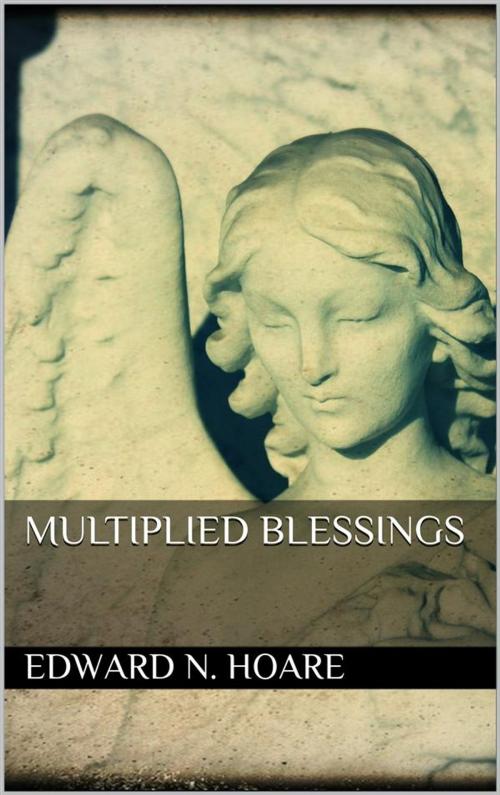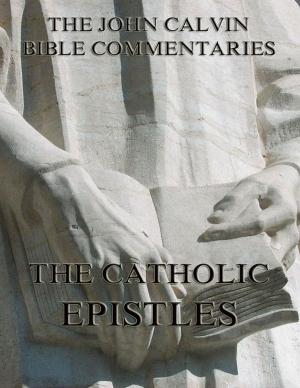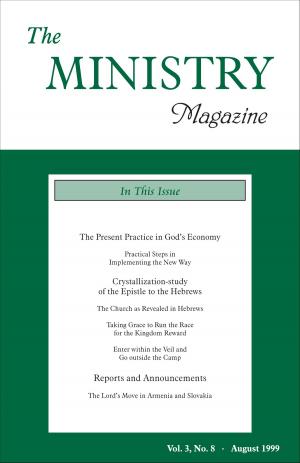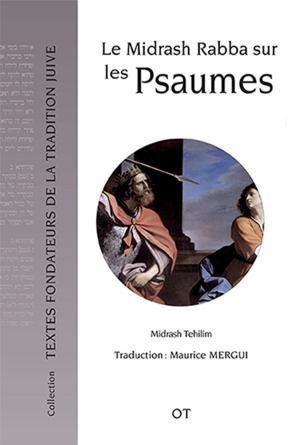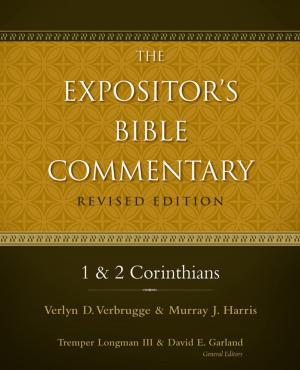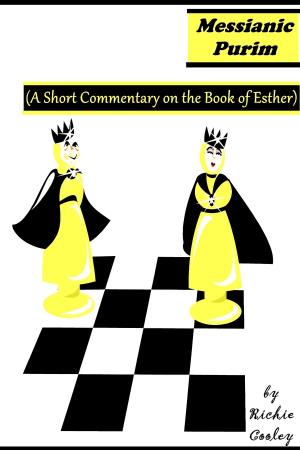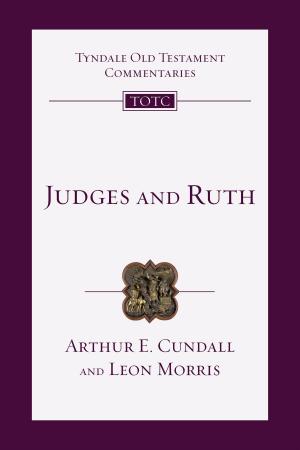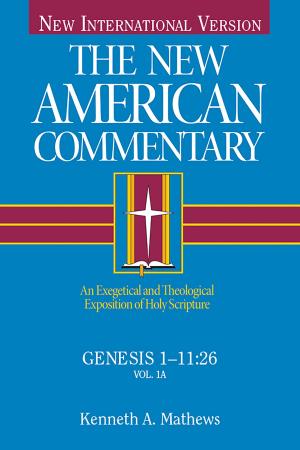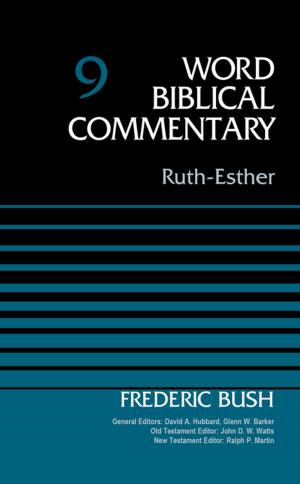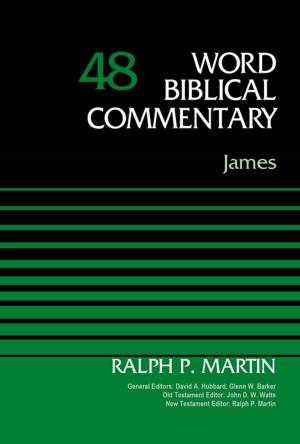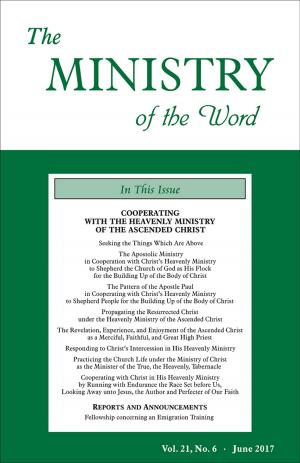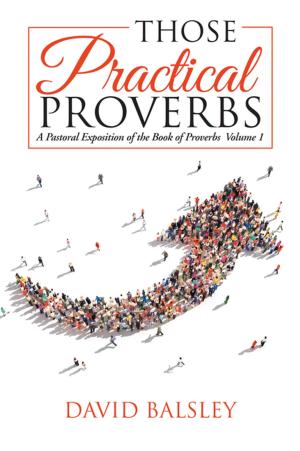| Author: | Edward N. Hoare | ISBN: | 9786050441963 |
| Publisher: | Edward N. Hoare | Publication: | May 20, 2016 |
| Imprint: | Language: | English |
| Author: | Edward N. Hoare |
| ISBN: | 9786050441963 |
| Publisher: | Edward N. Hoare |
| Publication: | May 20, 2016 |
| Imprint: | |
| Language: | English |
Well, indeed, may the Psalmist say, “Blessed is he whose transgression is forgiven,” for every blessing flows into the soul as the consequence of divine forgiveness. The word in the Hebrew rendered “Blessed” is in the plural number, to show that there is not one blessing only, but multiplied blessings and multiplied mercies, all springing from this one source, the forgiveness of sin. When David wrote these words he felt the truth of them. He spoke of a gift which he had himself experienced. He had found mercy, so he proclaimed its richness. We know how grievously he fell in the matter of Bathsheba and Uriah, and we remember Nathan’s visit. It was after that visit that, according to the general belief, this Psalm was written. He had struggled with the agonies of unforgiven sin, till at length the message was delivered to him by the prophet, “The Lord, also, hath put away thy sin.” No wonder, then, that he poured out his heart in this hymn of thanksgiving, commencing with the words, “Blessed is he whose transgression is forgiven, whose sin is covered.”
Well, indeed, may the Psalmist say, “Blessed is he whose transgression is forgiven,” for every blessing flows into the soul as the consequence of divine forgiveness. The word in the Hebrew rendered “Blessed” is in the plural number, to show that there is not one blessing only, but multiplied blessings and multiplied mercies, all springing from this one source, the forgiveness of sin. When David wrote these words he felt the truth of them. He spoke of a gift which he had himself experienced. He had found mercy, so he proclaimed its richness. We know how grievously he fell in the matter of Bathsheba and Uriah, and we remember Nathan’s visit. It was after that visit that, according to the general belief, this Psalm was written. He had struggled with the agonies of unforgiven sin, till at length the message was delivered to him by the prophet, “The Lord, also, hath put away thy sin.” No wonder, then, that he poured out his heart in this hymn of thanksgiving, commencing with the words, “Blessed is he whose transgression is forgiven, whose sin is covered.”
